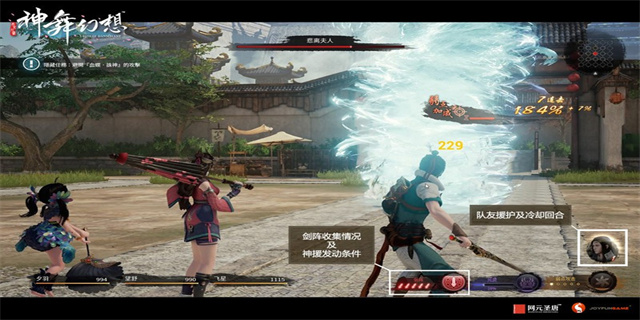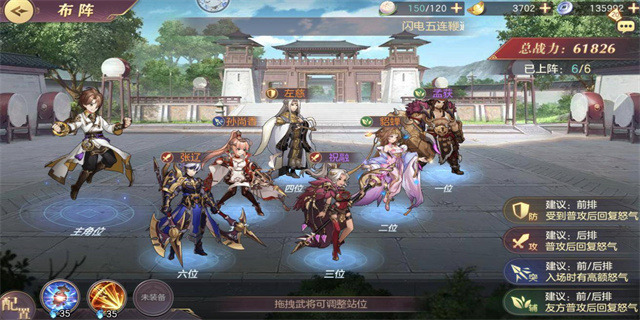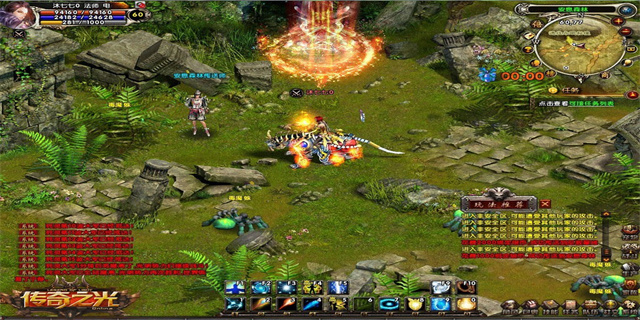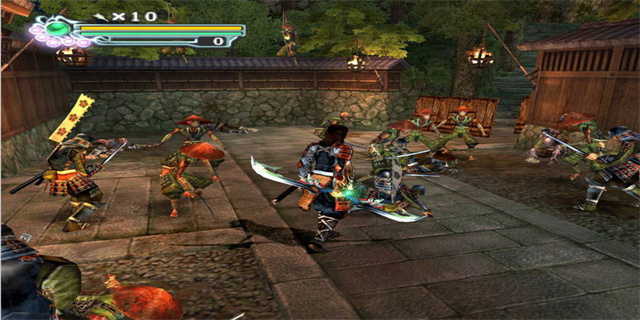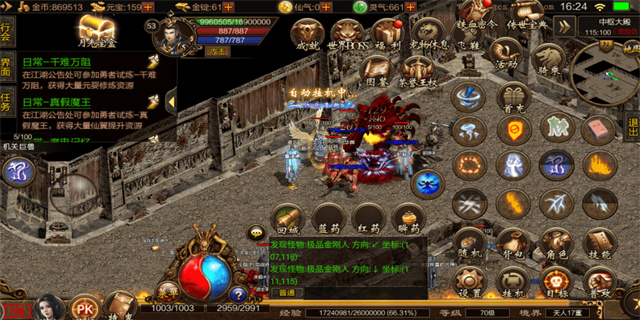The Importance of Clothing
Introduction
Clothing is an essential part of our everyday lives. Not only does it provide protection and cover our bodies, but it also serves as a means of self-expression. The clothes we wear can reflect our personality, culture, and social status. In this article, we will explore the importance of clothing and how it impacts various aspects of our lives.

The Functional Role
Clothing serves a fundamental function of providing protection and comfort to our bodies. It shields us from extreme weather conditions such as cold temperatures, rain, and sunburn. Moreover, it acts as a barrier against physical harm, preventing injuries from sharp objects or accidents. For instance, construction workers wear safety gear like helmets and reflective vests to protect themselves from potential hazards at the workplace.

The Role of Clothing in Self-Expression
Another important aspect of clothing is its ability to portray our individuality and express ourselves. The clothes we choose to wear can reflect our personal style, hobbies, and interests. They allow us to showcase our creativity and identity to the world. For example, someone who enjoys music might wear band t-shirts or clothing with musical motifs, while a person who is passionate about art may dress in vibrant colors or unique patterns.
Clothing also plays a significant role in cultural expression. Different cultures have their distinct traditional clothing styles, which help preserve and celebrate their heritage. By wearing traditional attire, individuals can demonstrate their cultural pride and promote understanding and respect among diverse communities. Moreover, cultural clothing often carries symbolic meanings, representing rituals, social norms, or significant events.
Social Implications of Clothing
Clothing has significant social implications and impacts how we are perceived by others. The way we dress can influence people's initial impressions and judgments about us. Researchers have found that individuals who dress in a neat and professional manner are often perceived as being more competent and trustworthy. This is why many workplaces have dress codes or uniforms to maintain a certain level of professionalism.
Furthermore, clothing choices can influence social interactions and the formation of social groups. People with similar fashion styles often gravitate towards each other and form subcultures or communities united by their shared clothing preferences. Whether it is the punk subculture or the preppy style, clothing plays a crucial role in establishing group identities and fostering a sense of belonging.
Conclusion
In conclusion, clothing is not just a basic necessity but also a powerful tool for self-expression, cultural preservation, and social interaction. It serves various functions, including protection and comfort, while also allowing us to showcase our individuality and participate in social dynamics. The clothes we choose to wear have the ability to influence how we are perceived by others and form connections with those who share similar fashion tastes. Therefore, it is essential to recognize and appreciate the importance of clothing in our lives.

